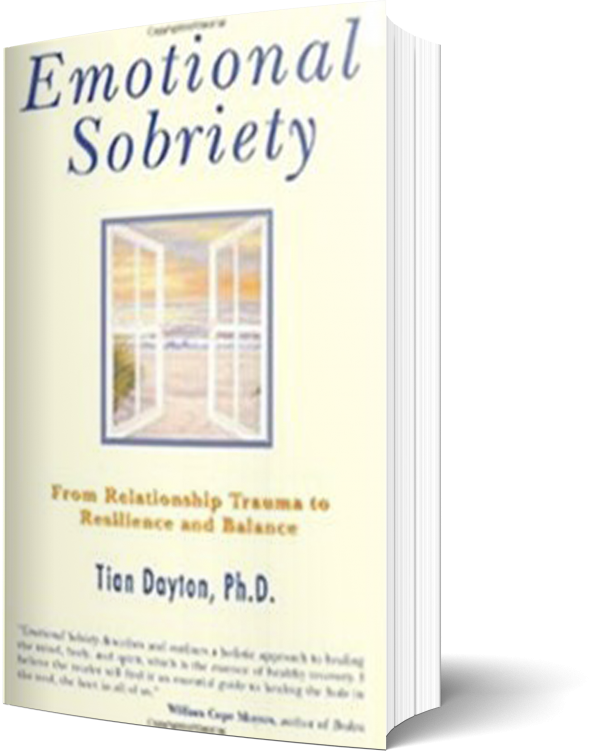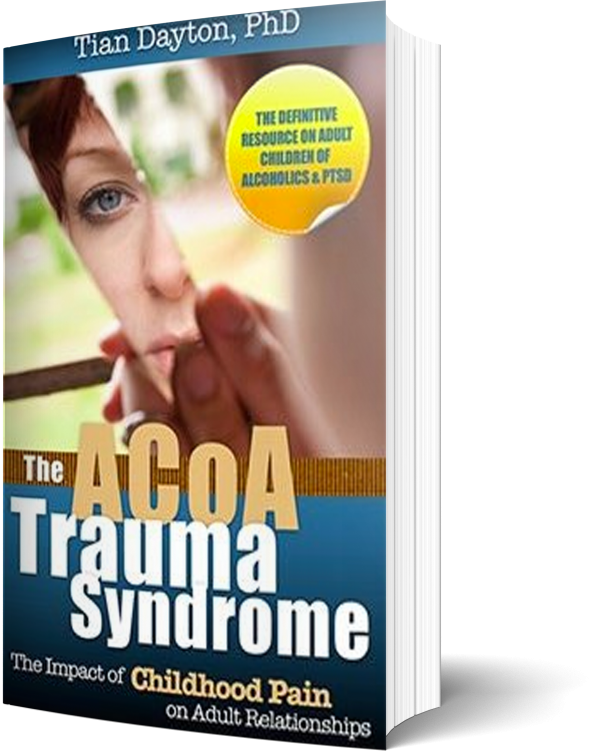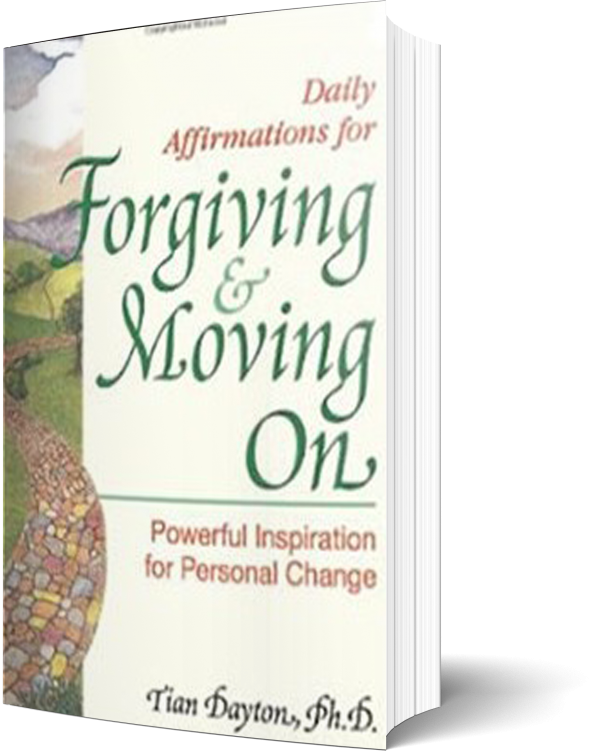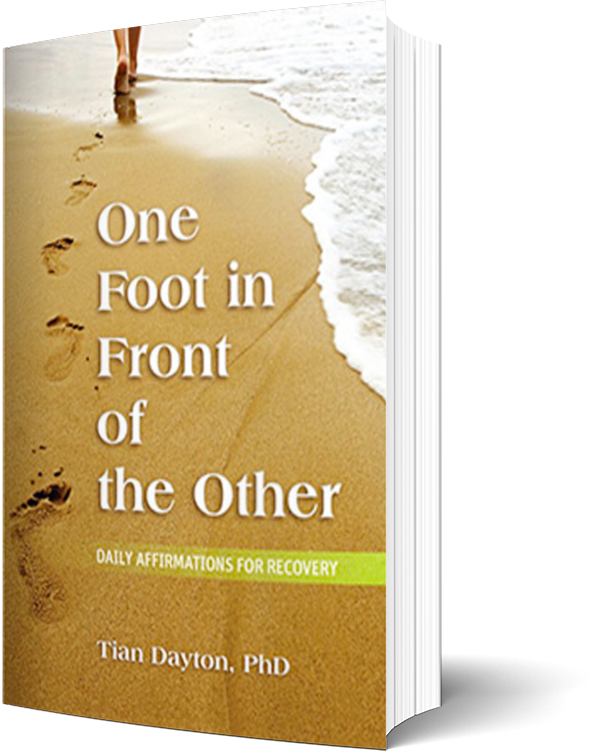For this week’s blog I am sharing my acceptance speech for an award I received from The Freedom Institute, this past Monday evening in New York City. It is both personal and professional, and could it could easily be titled “The ACOA Dilemma: On Being and Adult Child of Addiction or Dysfunction.”
This evening is about the family, so I will speak as an adult child of an alcoholic as well as a professional, if I may.
Like so many of us here, I am committed to this field because of my own personal experience with addiction. I entered recovery in order to solve my own issues, and I have stayed to help others solve theirs. I’m here because I watched the father I adored drift slowly into a bottle of scotch and other behaviors that took him away from us, away from our selves and away from each other. I work in this field because I need to, in order to restore my own sense of self, trust and faith in a beautiful world.
Tonight’s theme is hope. One of the most meaningful statements on hope for me has always been the words of Vaclav Havel, who helped to carry the Czech Republic to freedom and was also a prolific author and playwright.
Havel wrote “Either we have hope within us or we don’t. It is a dimension of the soul, and it is not essentially dependent on some particular observation of the heart. It transcends the world that is immediately experienced and is anchored somewhere beyond its horizons. Hope, in this deep sense, is not the same as joy that things are going well, or the willingness to invest in enterprises that are obviously headed for early success, but rather an ability to work for something because it is good, not just because it stands a chance to succeed. Hope is definitely not the same thing as optimism. It is not the conviction that something will turn out well, but the certainty that something makes sense, regardless of how it turns out. It is hope, above all, which gives us the strength to live and continually try new things”.
Recovery, I think, reflects this kind of hope. We enter it because it makes sense, because it’s better than the alternative. We embrace it because we have hope and that hope gives us, as Havel says, strength to live and try new things.
Recovery is a journey of personal and often spiritual awakening that deepens us because it forces us to look at both sides of life, the good and the bad and somehow hold both.
The Father I adored, who loved me, who was playful, generous and magical, had a monster living inside, who was as frightening to me as the other side of him was beautiful. He was both a god and a monster in my young world.
And eventually, the monster in my father broke loose and danced with the monster in all of us. We each, at one time or another, shared his private hell until all of us lost our grip on normal. Our sense of the healthy and reliable container that once held our family was invaded and degraded by this disease.
But still, this was my family, my dad, my monster and I had to do something to make emotional and psychological sense of living with a parent who made me feel both safe and terrified, who I loved and hated all at once. Any child is faced with integrating parts of their parents that they both love and hate, but for the child in the alcoholic home, this becomes a uniquely challenging experience and requires complex, penetrating, thoughtful and sometimes rather zany solutions.
Those of us who have lived with addiction, all too often tend to live in emotional extremes, without what Bill W., the founder of AA, referred to as emotional sobriety and balance. This has long been intuitively referred to in the rooms as “black and white thinking”. We go from zero to ten with no speed bumps in between, from imploding to exploding. We have trouble living in 4, 5 and 6.
Neuroscience tells us that emotions are experienced in our bodies. We get back aches, stomach aches, heart aches. We have a gut reaction. The body, in fact, doesn’t really know the difference between physical danger, like an oncoming car, or emotional danger, like a drunk and raging parent. It will react to either by pumping out enough stress chemicals, like adrenaline, to give us the spurt of energy we need to flee for safety or stand and fight.
But what happens when the family itself becomes the proverbial saber toothed tiger? Children cannot flee, where would they go? They cannot fight, they’d lose. So they shut down, they freeze, they flee on the inside. But without somehow processing what’s going on for them, that numbed and frozen pain can live within the self system, an emotional accident waiting to happen, in what we now call a post traumatic stress reaction. That’s what being an ACOA is all about. Years after the stressor is removed, we live as if it’s still there. As if some emotional threat, lurks just around the corner.
This is the dilemma of the ACOA, when unresolved childhood pain surfaces in adulthood and gets projected into current relationships. When its origins are fuzzy and unconscious. When we make it about everything it isn’t, because we don’t understand what it is. This is why I love psychodrama, because it treats the body, mind and spirit. It allows the self that has gone into hiding to wake up and enter the present moment, to say the words that have been left unsaid, and feel the feelings that have been left unfelt; so that we can become spontaneous, whole and alive once again.
Recovery begins with a restoration of hope but soon evolves into a new design for living. One that expands the dimensions of our souls.
My father never found recovery. That is probably why I have spent my life as I have. When dad sought treatment, there was no such thing as family healing, in those days everyone thought that if the addict sobered up, the family would somehow just get better by itself.
Since those days, the recovery movement has come of age. We have learned from other fields and we’re increasingly recognized and respected by the broader arena of mental health for the unique set of values that we bring to healing the human spirit.
Today there is hope as never before. Today, here this evening, we recognize that there is no dignity in hiding the truth, and no freedom in keeping secrets. We learn, in recovery, to stand up and take responsibility for the disease that lives in us and to take the necessary steps to treat it, so that our unresolved pain doesn’t get passed down to another generation. And in doing this, we restore our hope, faith and dignity. Mona Mansell’s mission was about bringing the light of recovery into families that looked good but felt bad…families that suffered silently behind closed doors. I am proud to be part of honoring and expanding her mission and celebrating how far we have all come together. Thank you for giving me this award.





